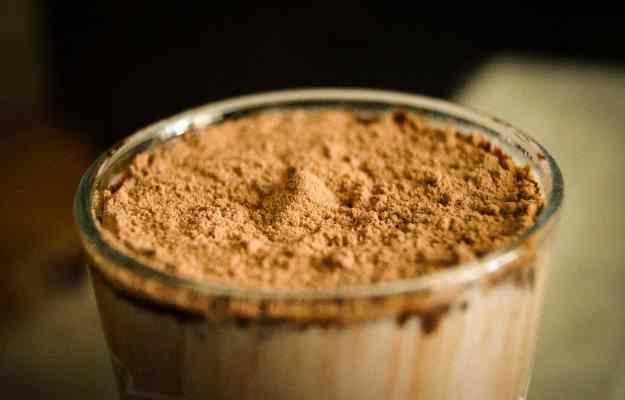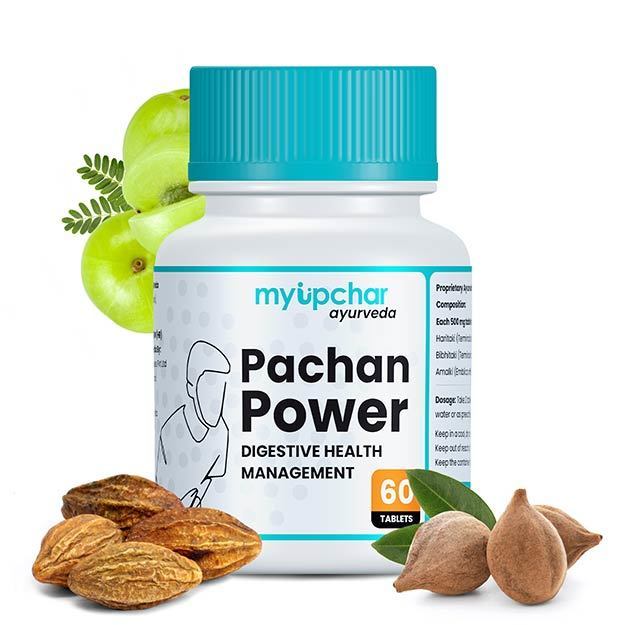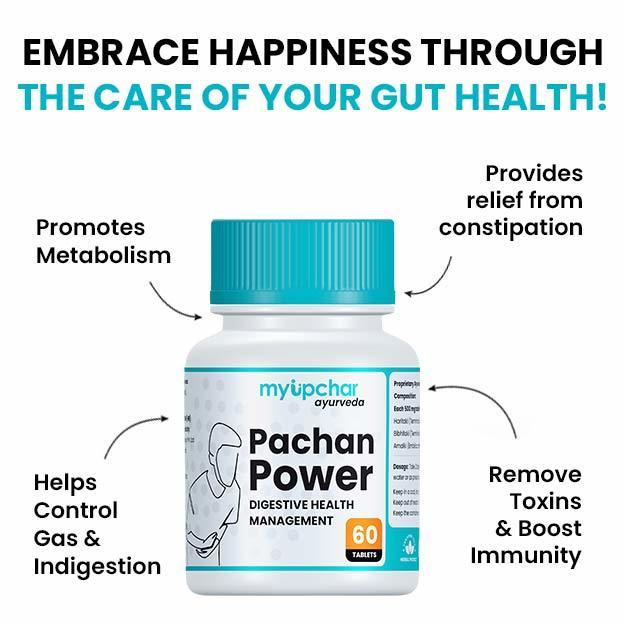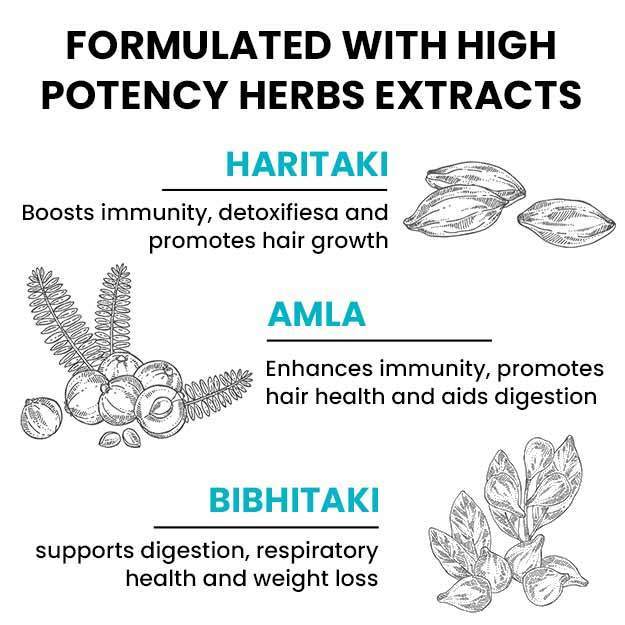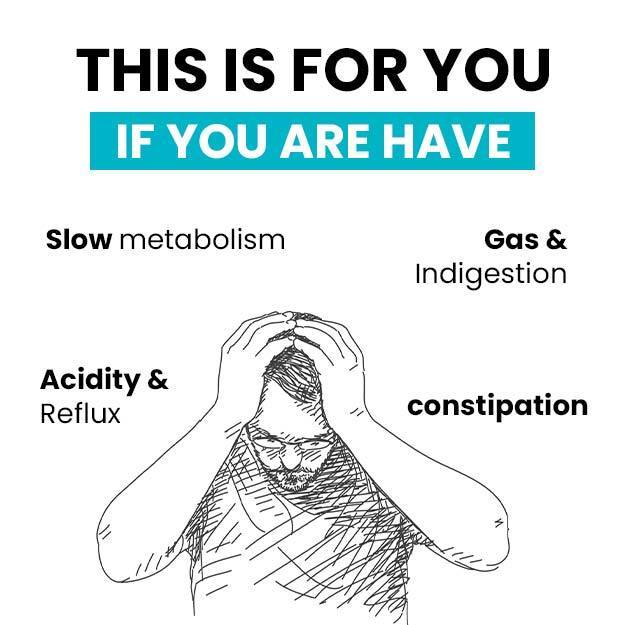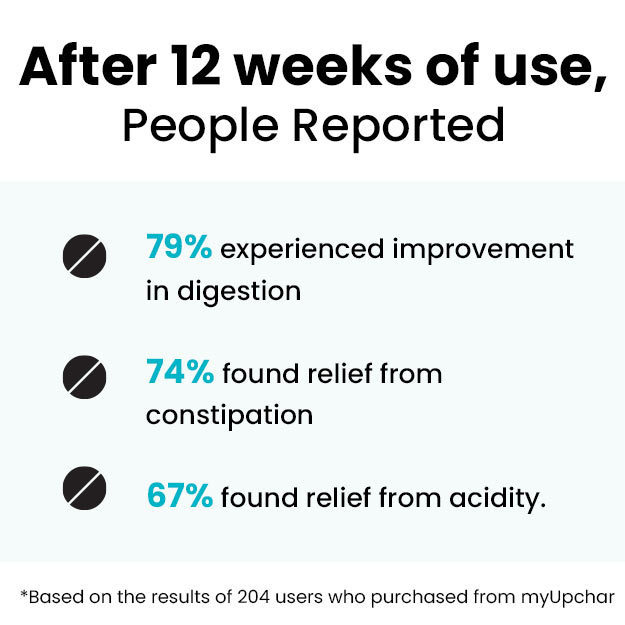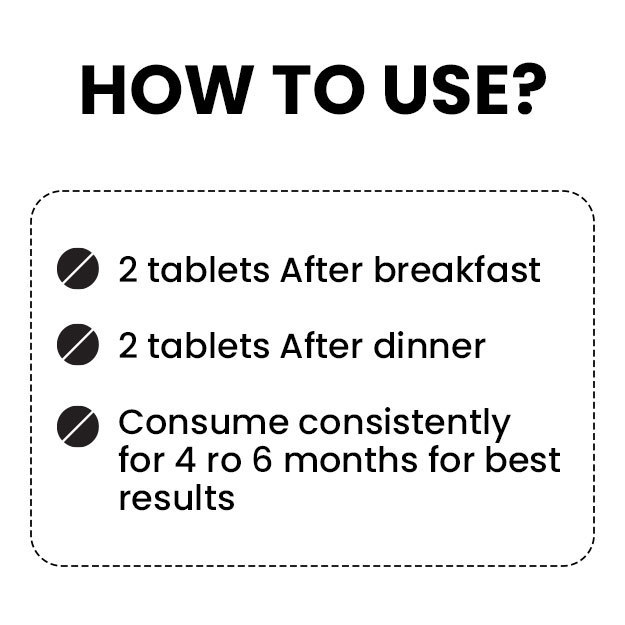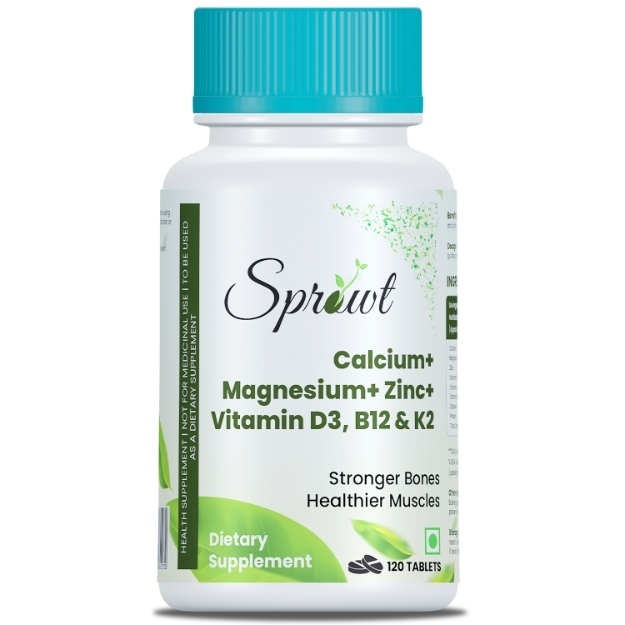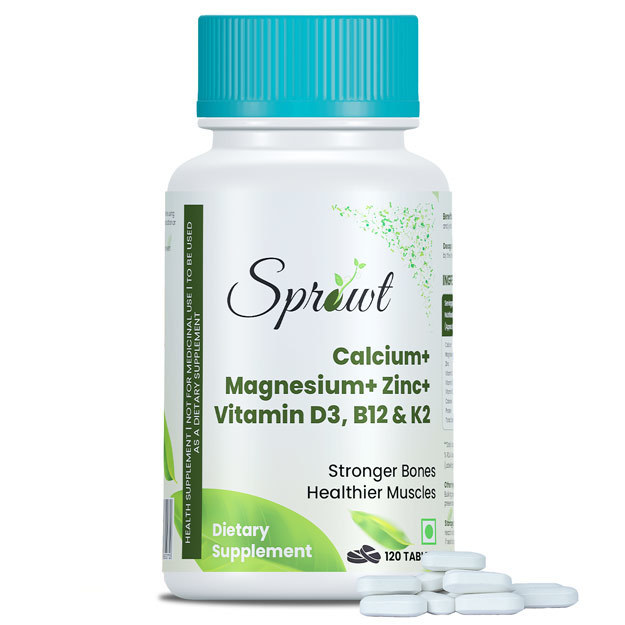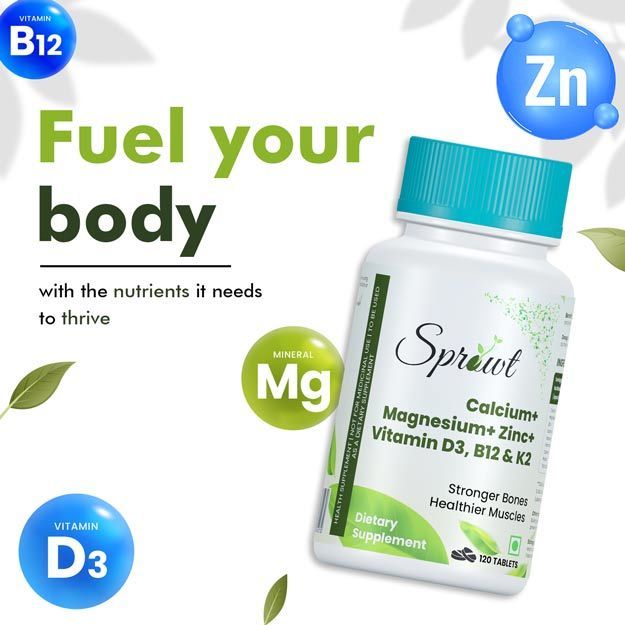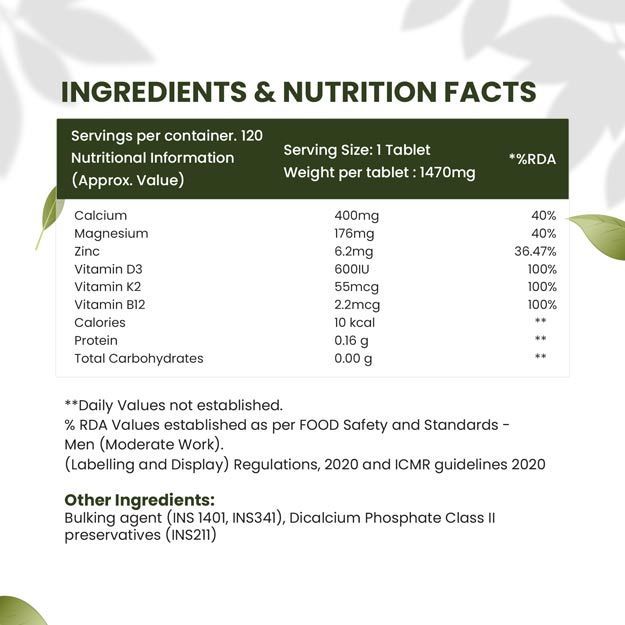Protein powder is a rich protein source that is mostly used by physical trainers to help them build muscle and increase strength. Research has also found that some proteins have increased muscle building and strength, such as whey, which is widely sold and used in the market. Whey protein has antibiotic, antiviral, antihypertensive, antioxidant, hypolipidemic properties, and even antitumor properties. Unfortunately, protein powder also has some side effects. Knowing the side effects of different types of protein powder can help you minimize potential problems.
(Read more - Protein Deficiency: symptoms)
Also remember, consuming too much protein powder can cause problems for you. So consume them only in prescribed quantities and follow the instructions given for intake properly. Taking two scoops a day is usually fine for people who are engaged in sports or physical training. If you take more protein than required, you may experience nausea, cramps and diarrhea. Let's know about the side effects related to protein powder -

